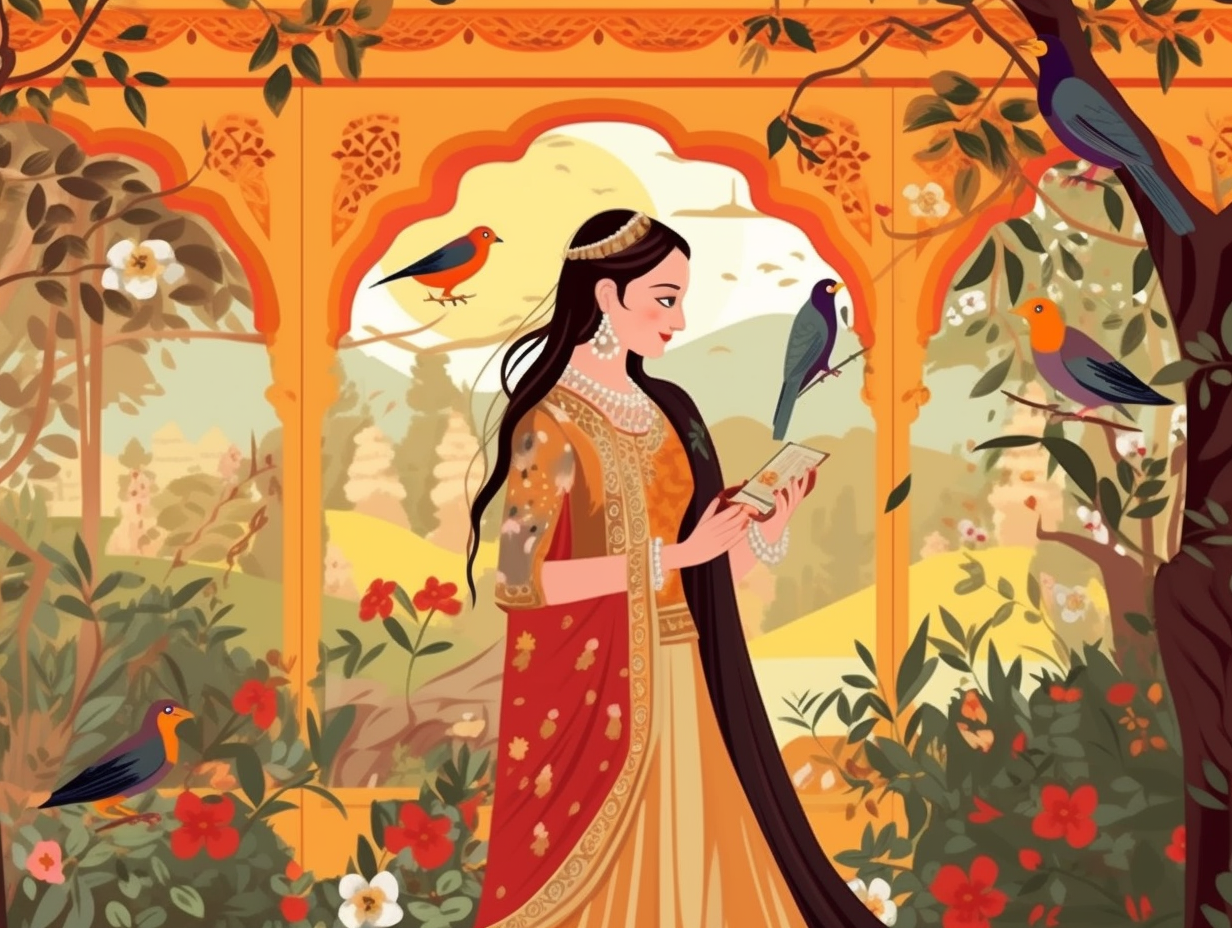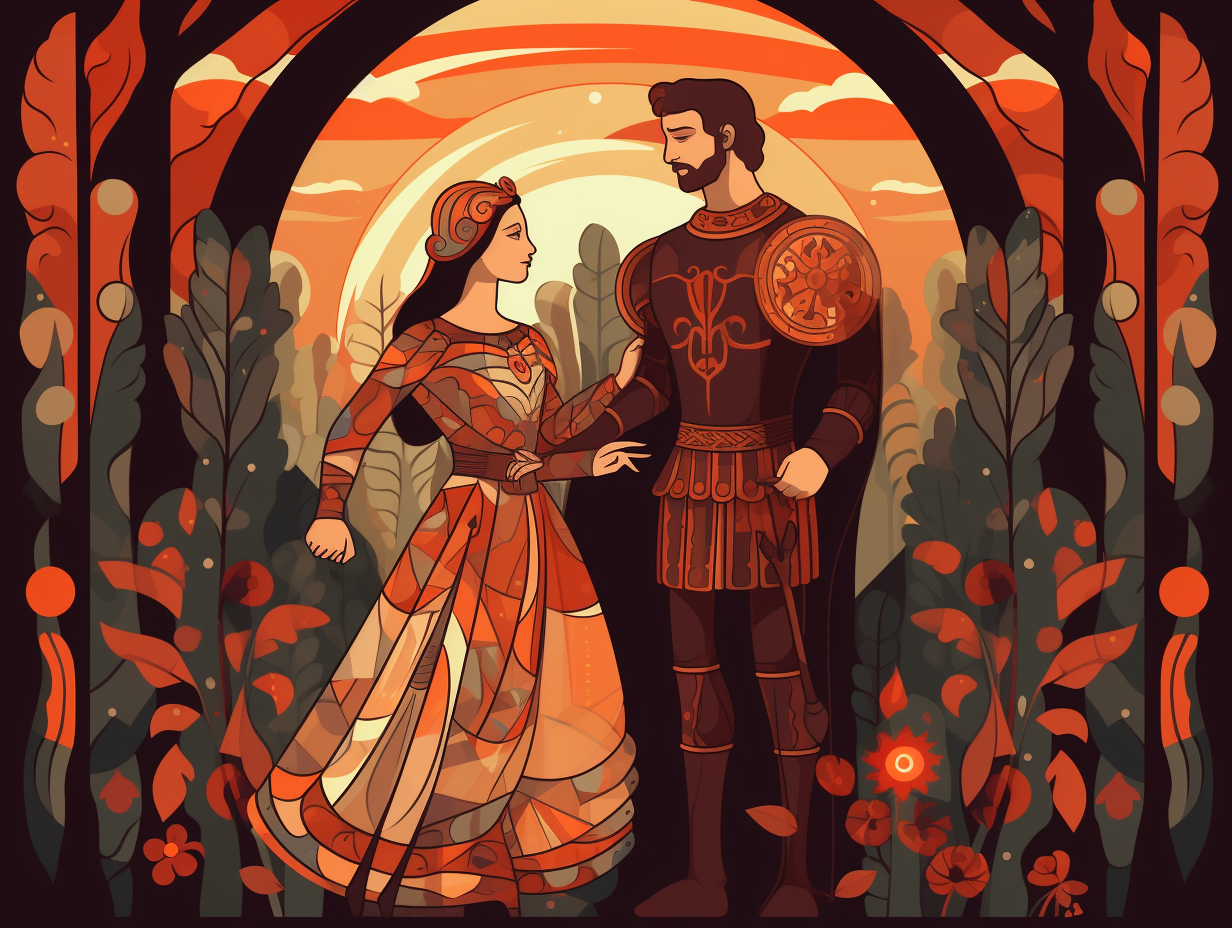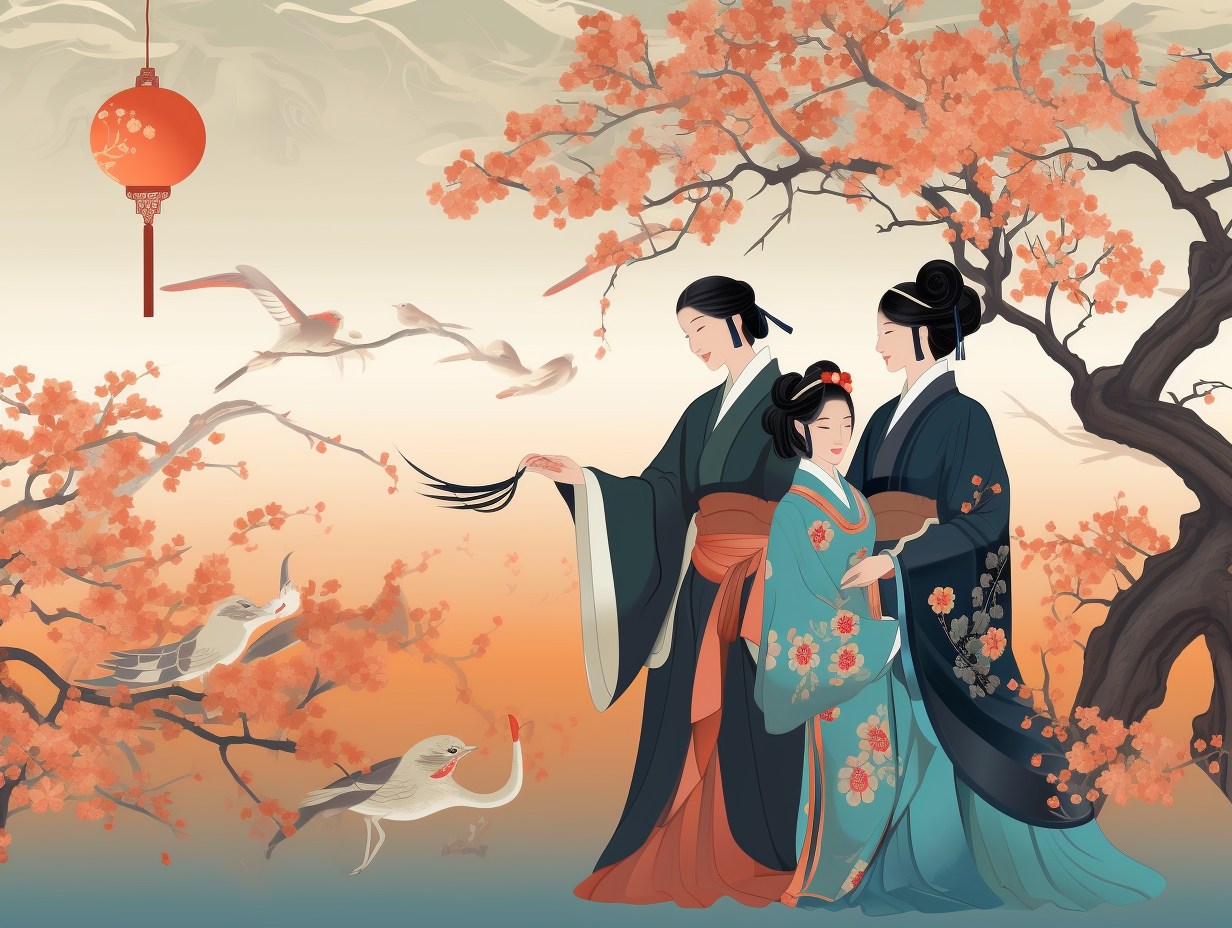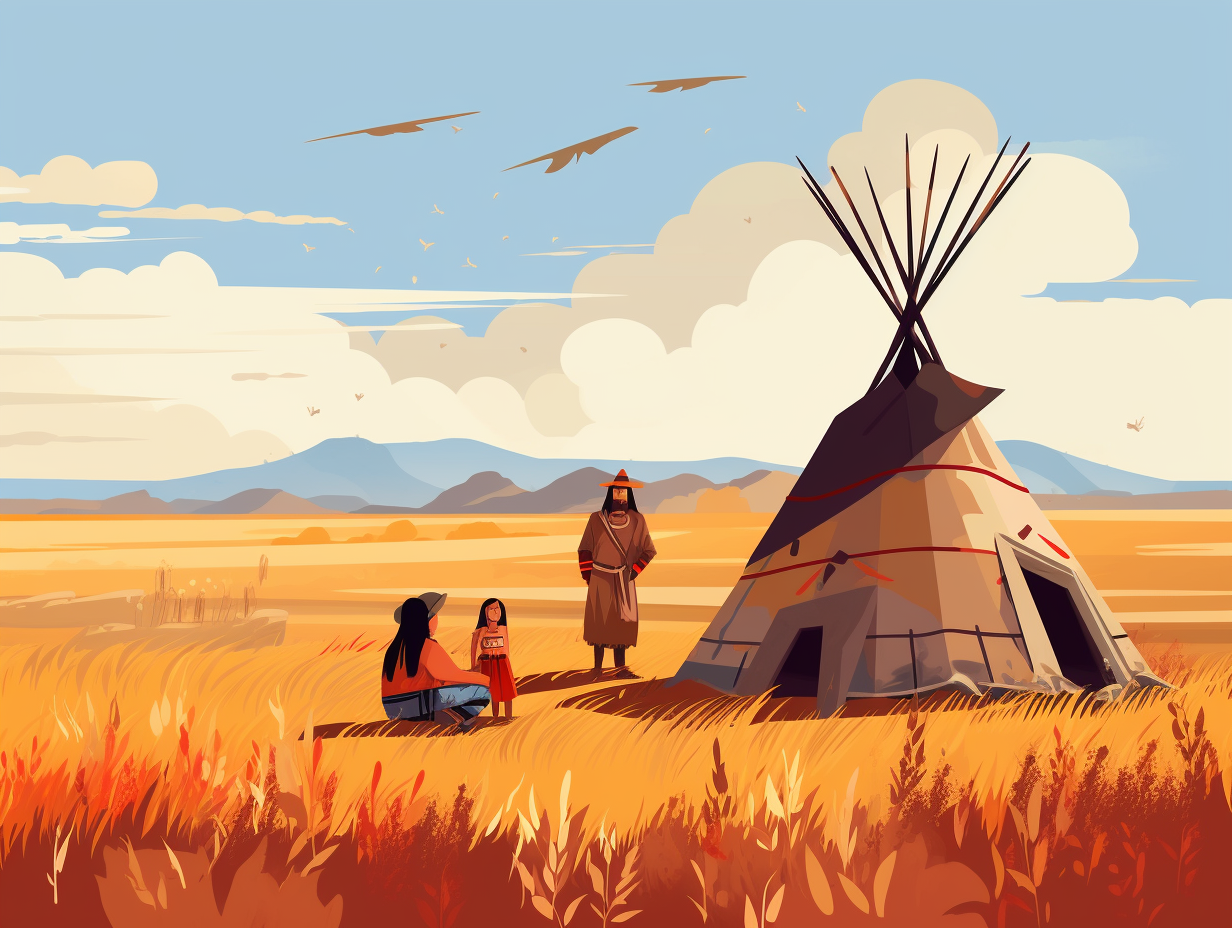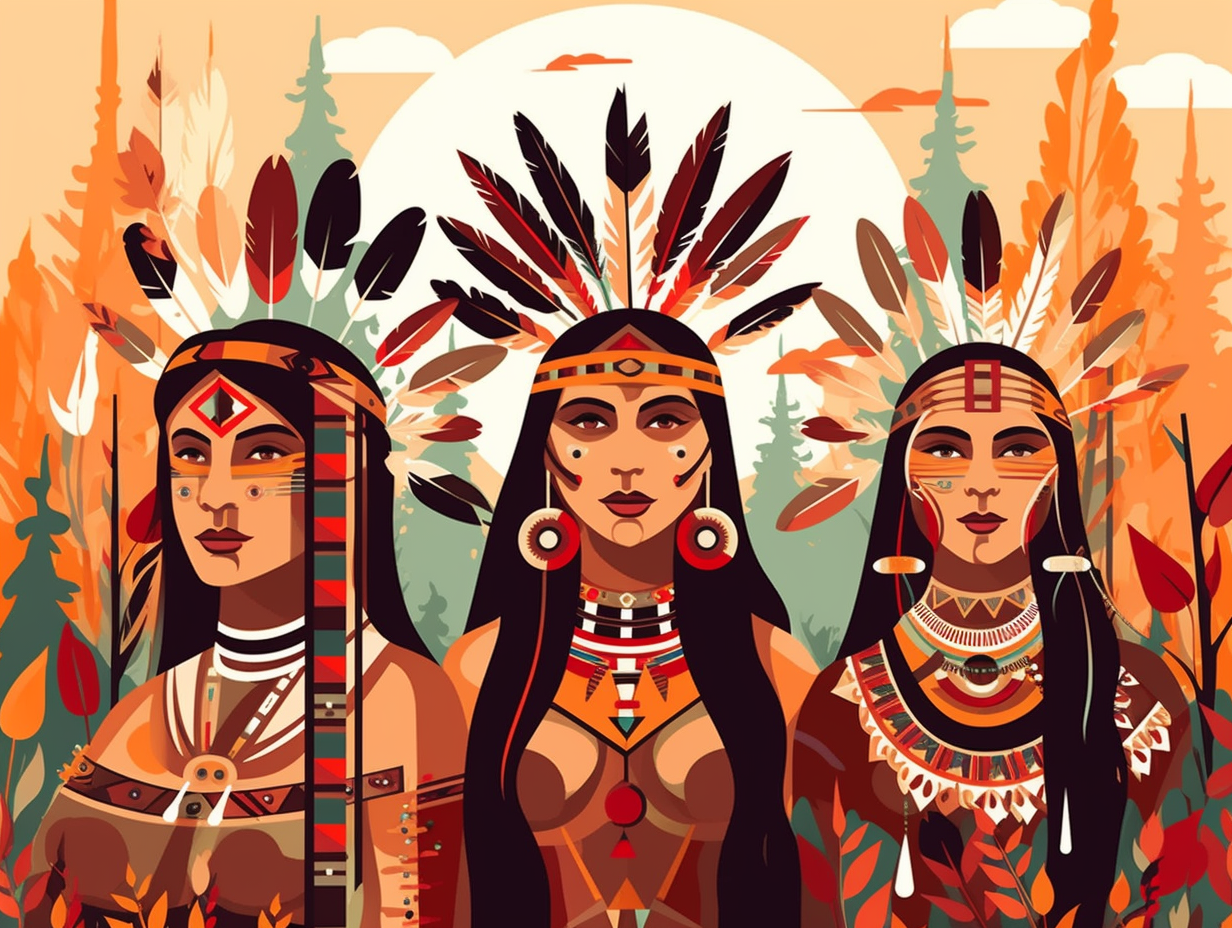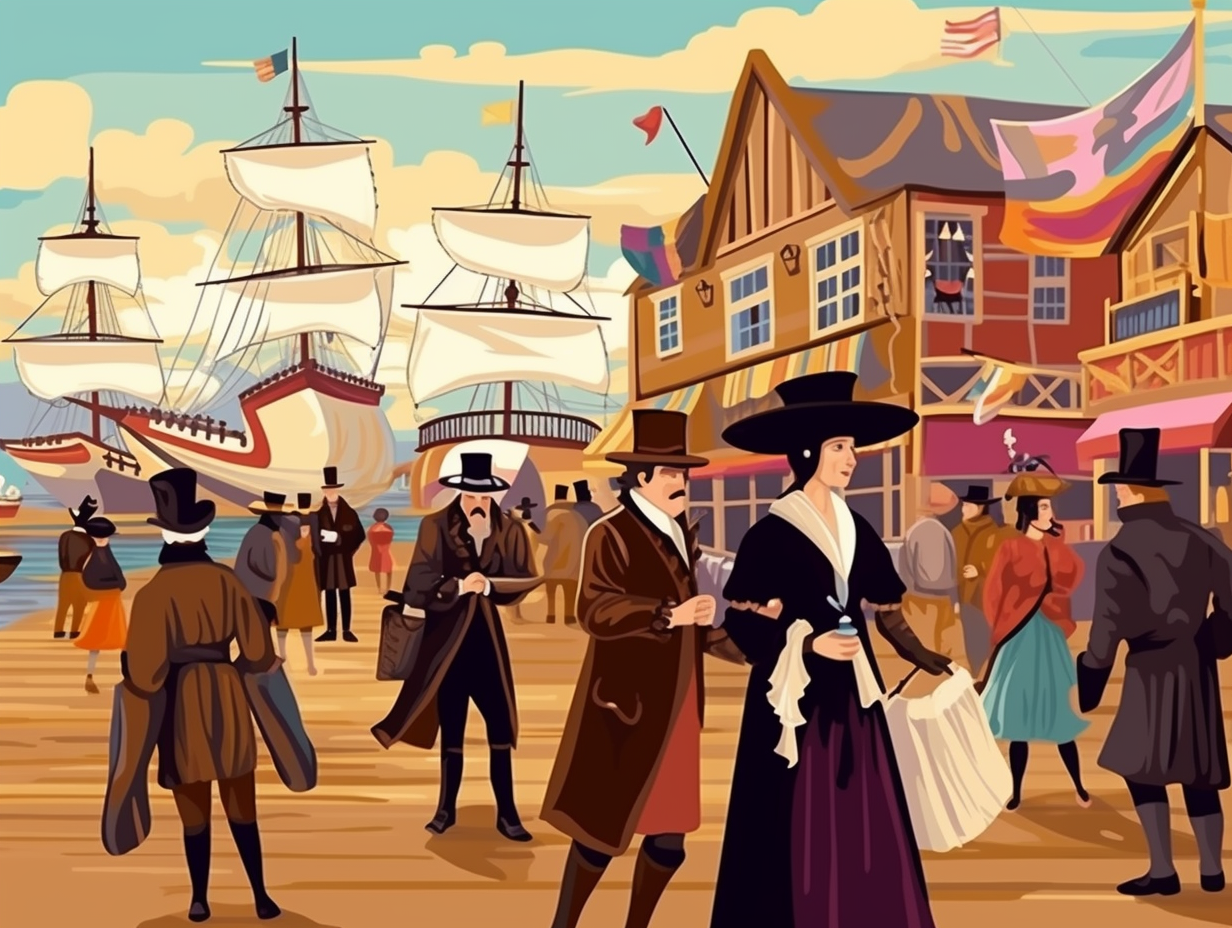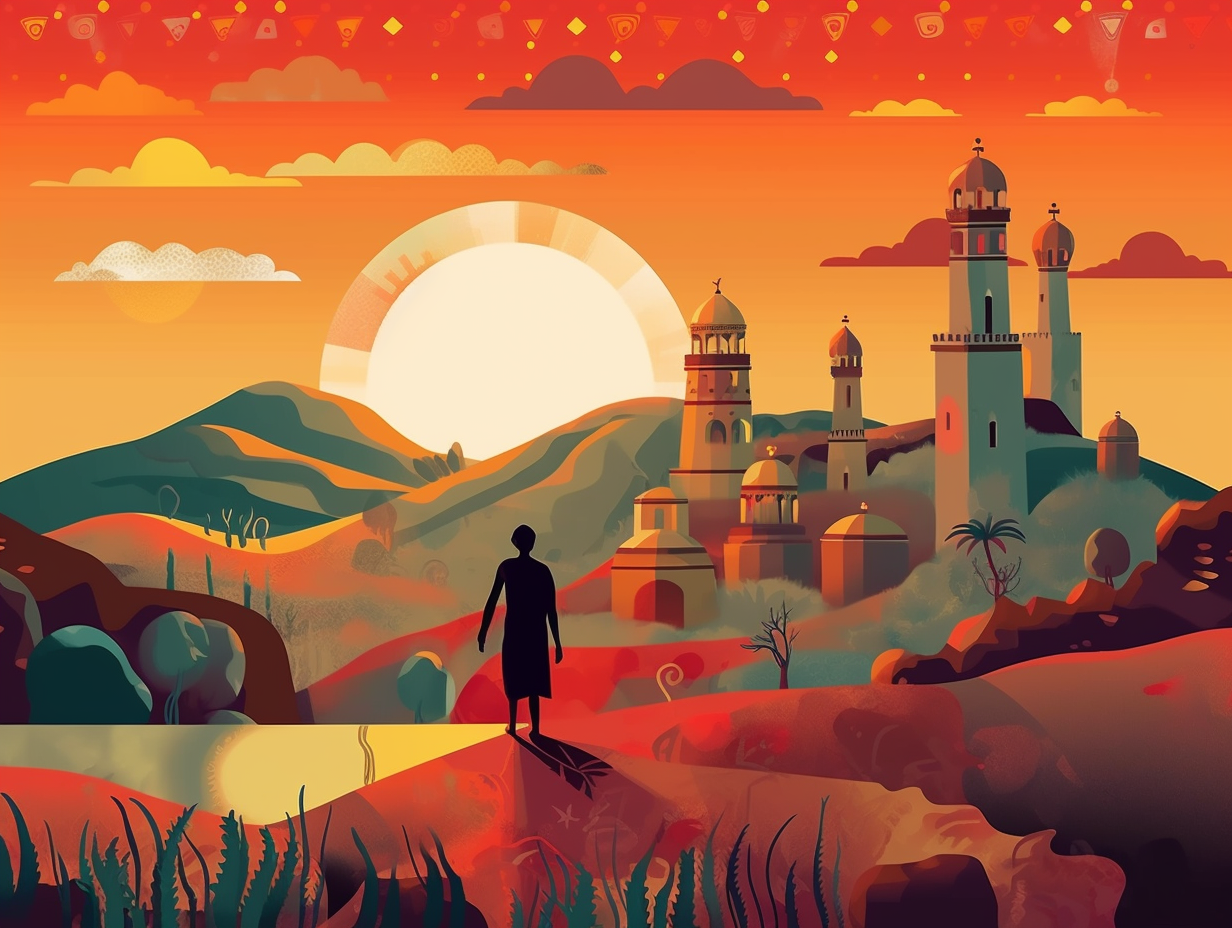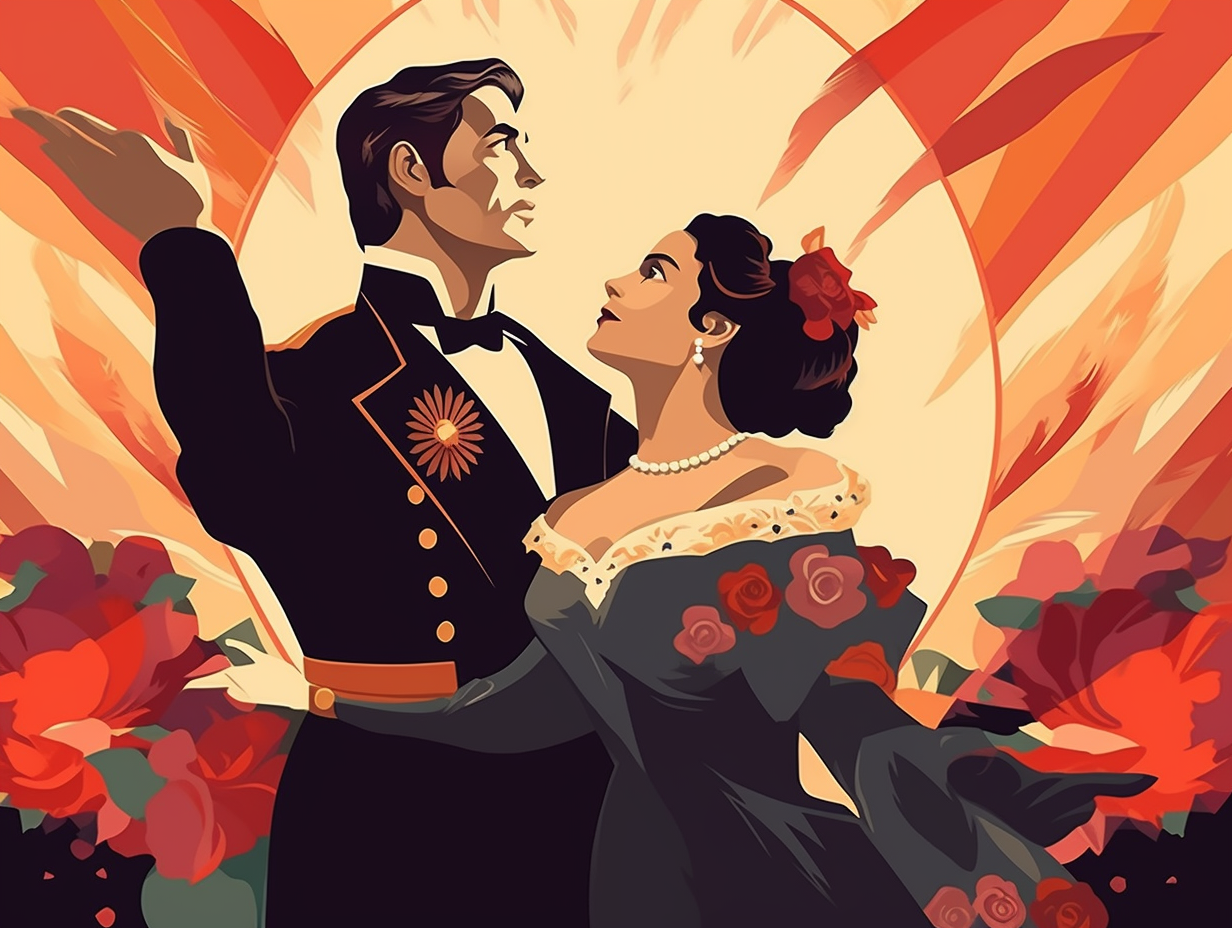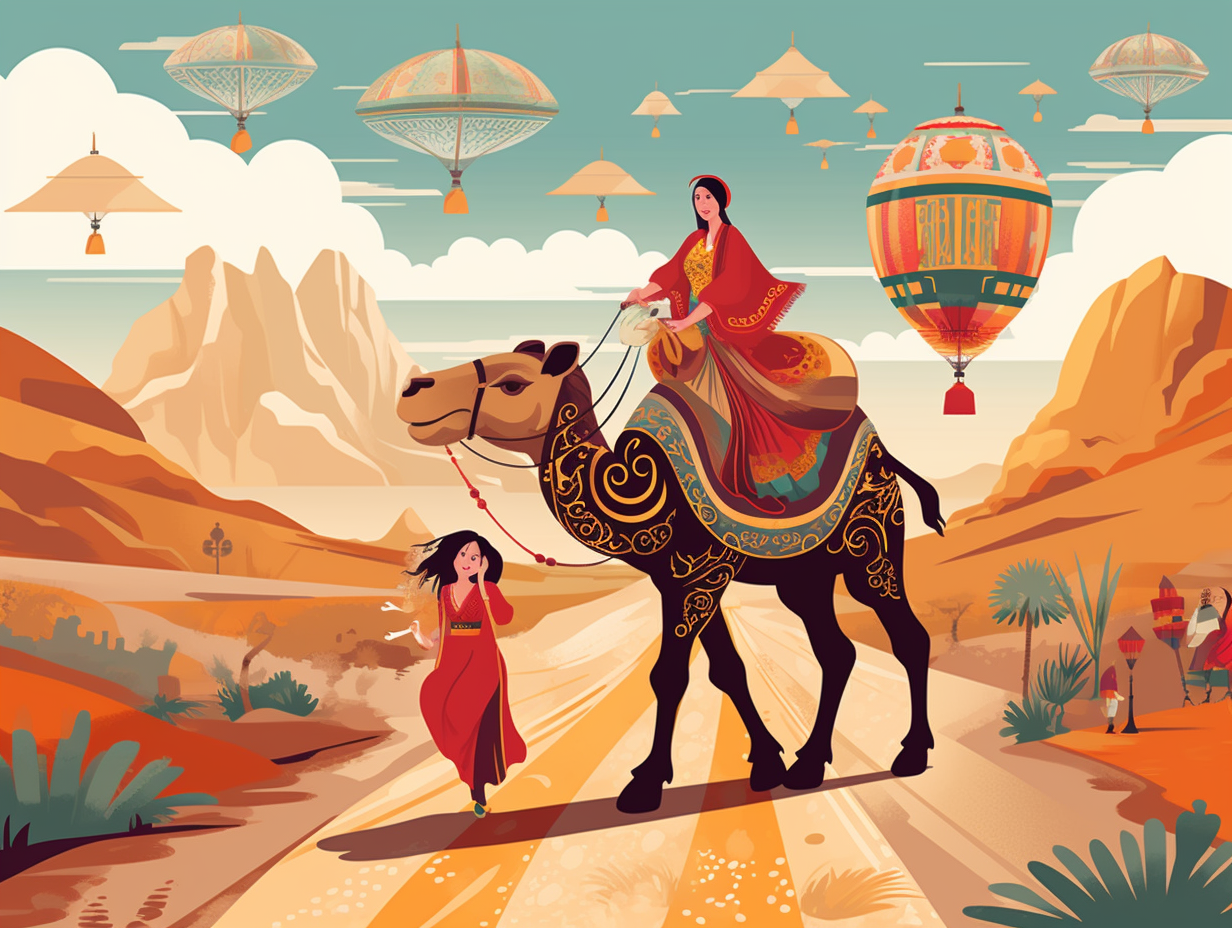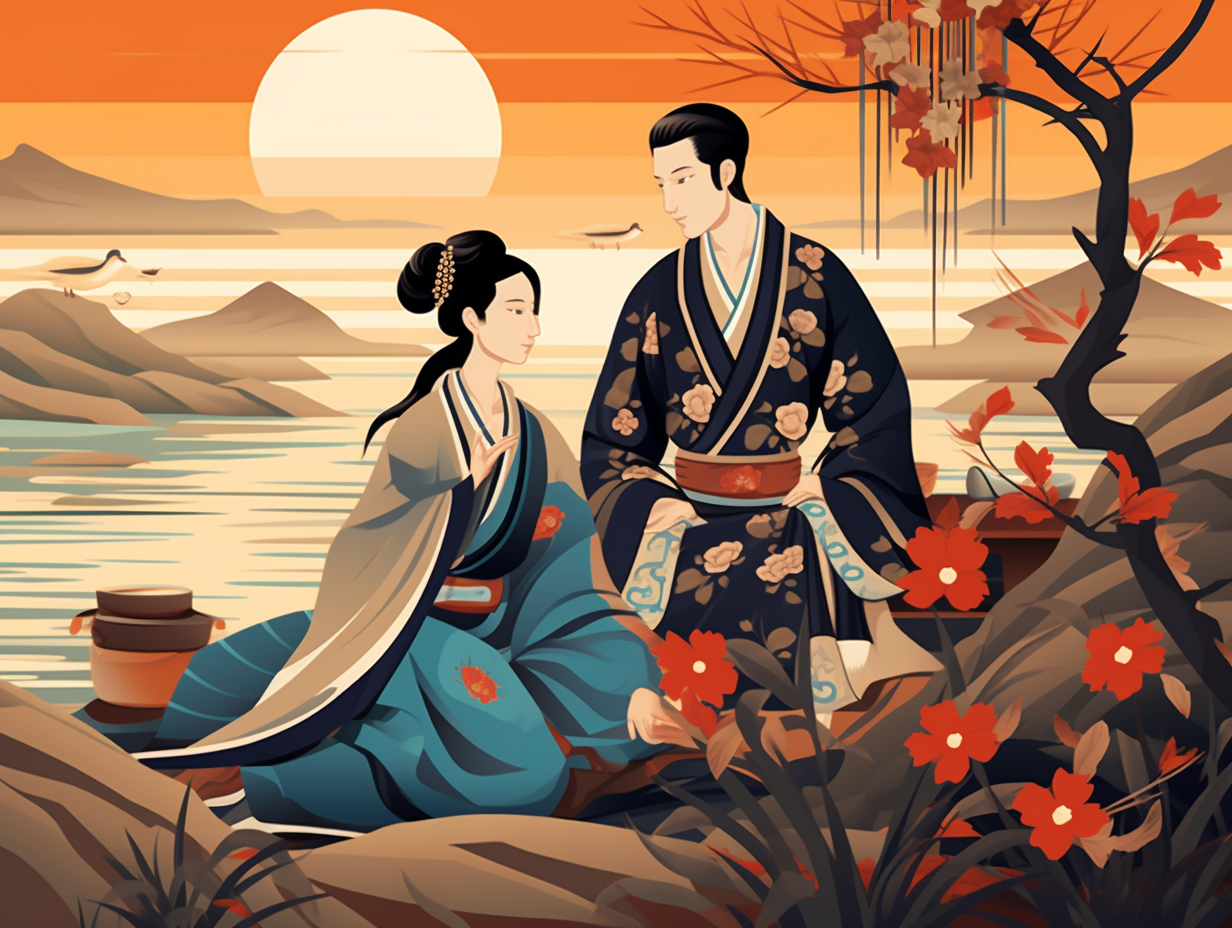Discover the Akkadian Empire: Top 8 Fascinating Fun Facts You Never Knew
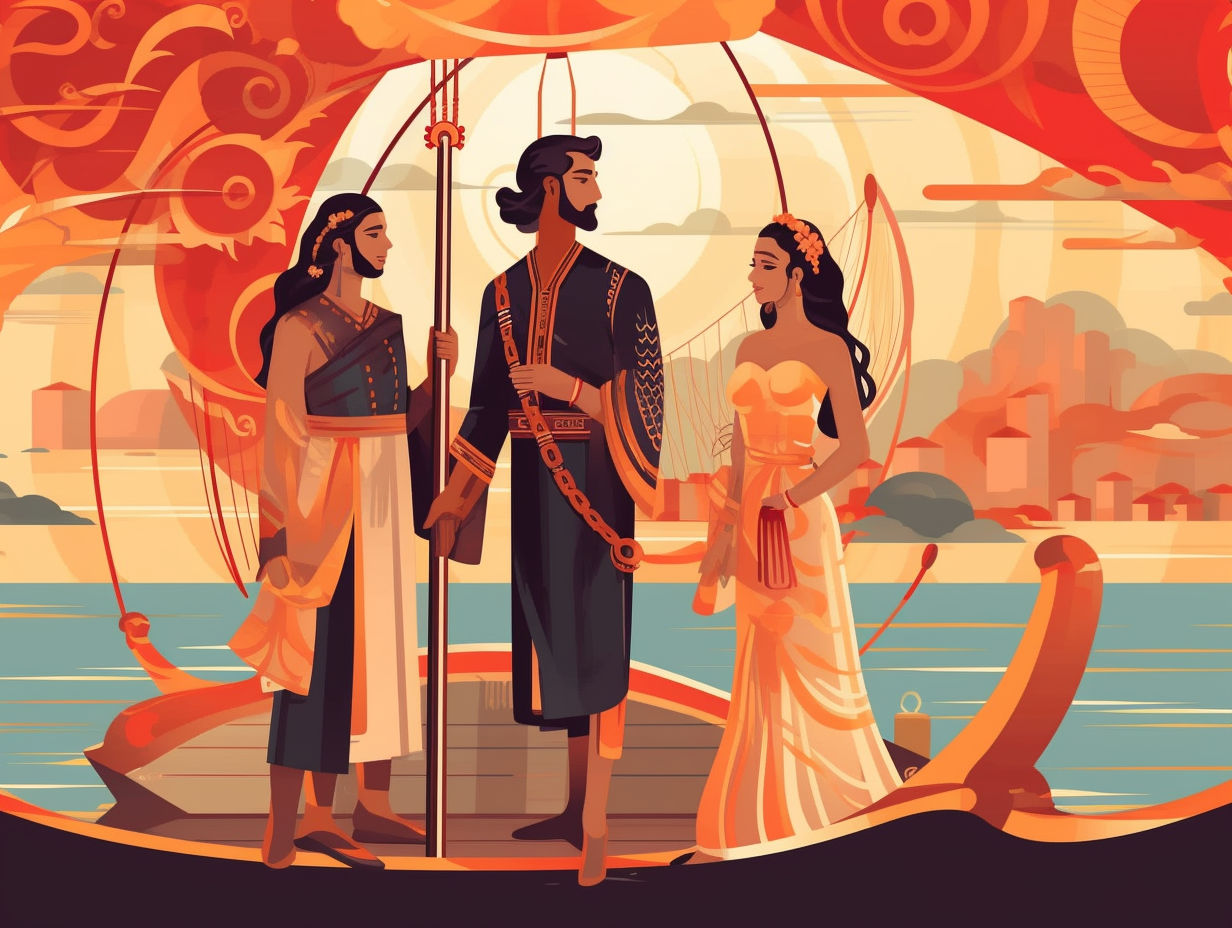
1. Fashionable Akkadians: Textile Masters
If you thought your favorite clothing brand's fabric was ancient, the Assyrians had them beaten by millennia! Spinning yarn and weaving stories like nobody's business: The Akkadian Empire was renowned for its advanced textile production techniques, employing enslaved individuals to produce high quantities of quality textiles. These textiles were traded for silver from the west, and the profits used to acquire luxurious goods from the east, contributing to the empire's opulence and might.
Source => khanacademy.org
2. Sargon: From Garden Gnome to Legendary King
Once a humble garden gnome with dreams of grandeur, Sargon of Akkad traded his watering can for a scepter and conquered Mesopotamian turf like a boss: Sargon, known as the first ruler of the Akkadian Empire, claimed titles such as "king of Akkad, overseer of Inanna, king of Kish, anointed of Anu, king of the land [Mesopotamia], governor of Enlil", and left his mark on history as a legendary figure in Neo-Assyrian literature, even boasting of his own Sargon Birth Legend in the Library of Ashurbanipal.
Source => en.wikipedia.org
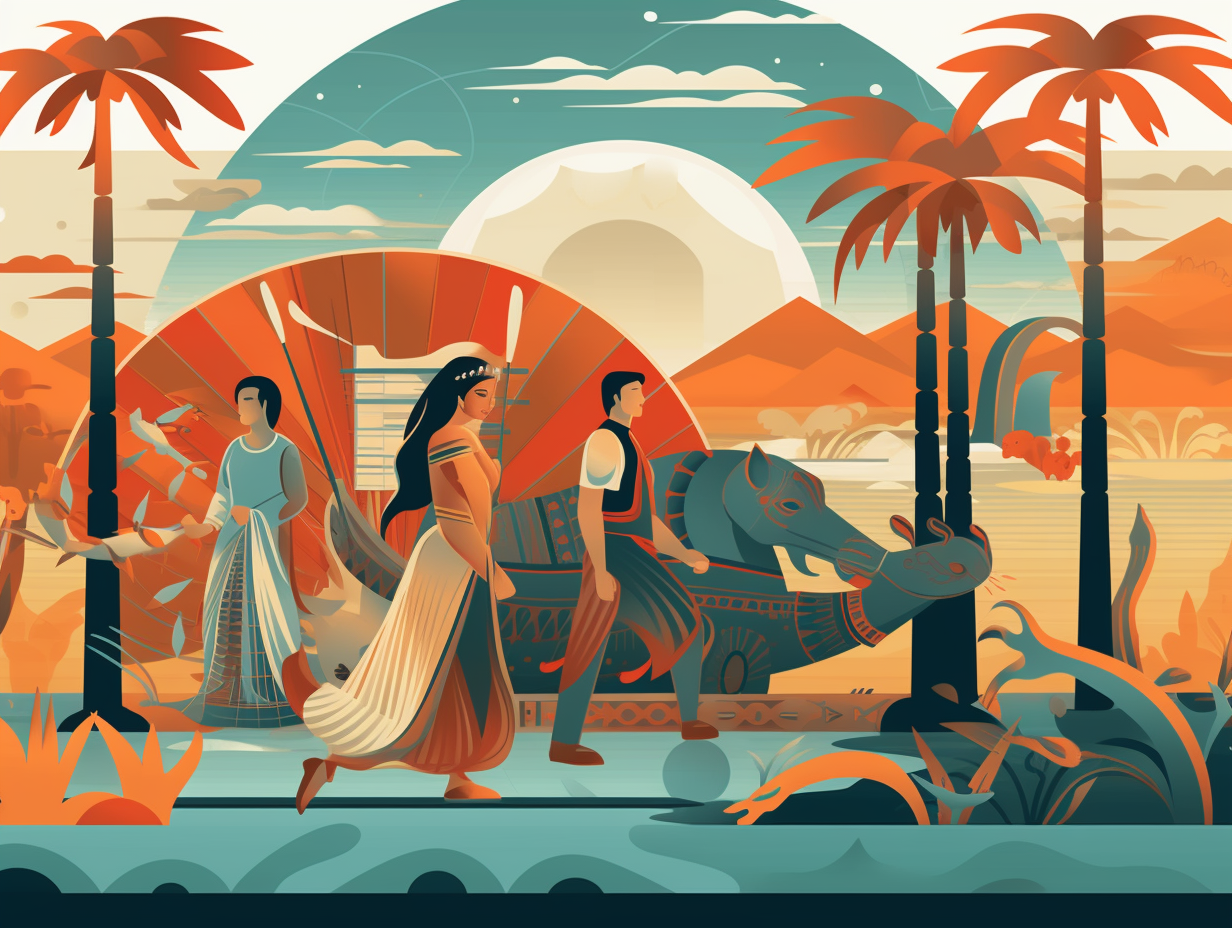
Did you know the ancient Persian Empire had a lightning-fast postal system that could deliver messages from Iran to India and Egypt in just days? Discover their FedEx horseback-style secret!
=> Fun Facts about The-Persian-Empire
3. Sargon's Smashing Warfare Tactics
Rumor has it that if you were an enemy of Sargon of Akkad, you'd be in for a truly "smashing" time: This brilliant military strategist of the Akkadian Empire was not only the mastermind behind the first standing army but also singlehandedly popularized the use of battering rams and siege towers during warfare.
Source => onlinelibrary.wiley.com
4. Naram-Sin: The Divine Elvis of Mesopotamia
Behold, the divine and horned Elvis of Mesopotamia: Naram-Sin, the Akkadian king known as the "King of the Four Quarters," essentially rocked the title "Ruler of the World" and asserted his celestial status in his Victory Stele, trampling over the defeated Lullubi people of Iran while boldly standing between his mortal soldiers and the star-studded gods above.
Source => historians.org
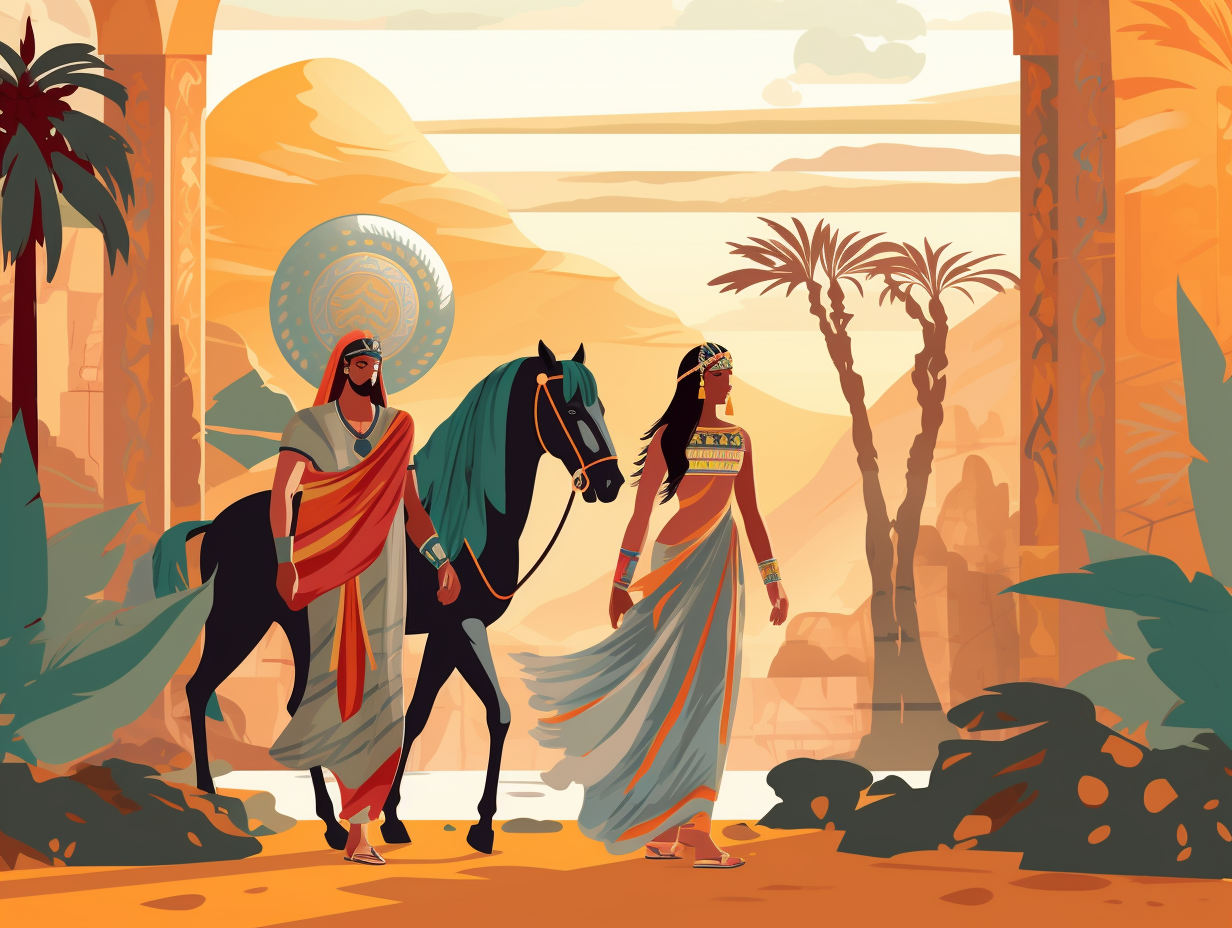
5. Akkadian Speed: Building an Empire in 180 Years
Who says Rome wasn't built in a day? Akkadians did it all in just 180 years: The Akkadian Empire, short-lived but legendary, combined Akkadian and Sumerian territories and extended as far south as present-day Saudi Arabia, Bahrain, and Oman. Although the Akkadian language eventually declined, the empire's art, architecture, and influence stood the test of time, with lasting impact on ancient Mesopotamia and beyond.
Source => en.wikipedia.org
6. The Umbrella-less Akkadians
It's no secret that the Akkadian empire was ahead of its time in many aspects, but their days must have been filled with perspiration and frustration since they couldn't enjoy a casual stroll under the protection of a stylish parasol: The fascinating truth is that there is no evidence to suggest that the Akkadians, who ruled as the world's first empire from 2334 BC to 2154 BC, used sunshades or umbrellas, leaving the grand invention of sun protection to the Egyptians and Chinese who would later rock those fabulous parasols in their respective eras.
Source => en.wikipedia.org
7. Sock-Drawer Secret: The Lost City of Akkad
Legend has it that the lost city of Akkad is hidden in your sock drawer, wedged between mismatched pairs of ancient Mesopotamian footwear: In reality, it was a thriving ancient metropolis in the Akkadian Empire, potentially nestled east of the Tigris River near modern-day Samarra and Baghdad, where it controlled the political scene for a solid 150 years during the last third of the 3rd millennium BC.
Source => en.wikipedia.org
8. Ancient Board Game Addicts: Ur and Conquer
Before Netflix and chill, there was Ur and conquer: The Akkadians, trendy socialites of their time, were Marvel-level-fanatics of a board game called "The Royal Game of Ur". This ancient masterpiece, dated between 2600-2400 BCE, was a strategic two-player race game that spread its delightful tentacles throughout the Middle East, and even reached far-away lands like Crete and Sri Lanka. More than just a catchy hashtag, "Ur" was seen as a cosmic hotline, with players believing the game's outcomes foretold their futures and relayed divine messages. Sadly, our beloved Royal Game of Ur eventually vanished into history's shadows, potentially morphing into modern-day backgammon or being usurped by some ancient version of Monopoly.
Source => en.wikipedia.org
Related Fun Facts

